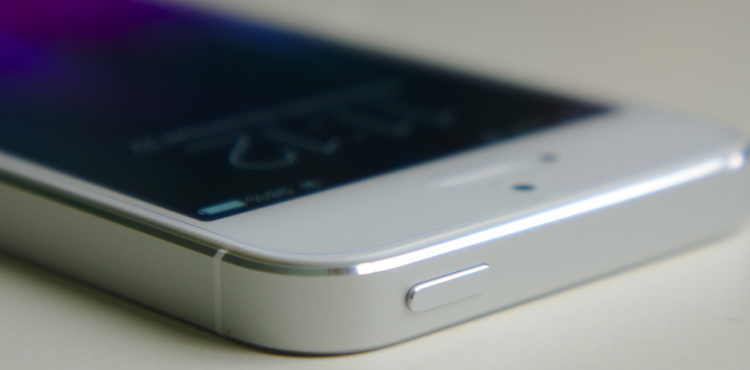9 items to keep in mind before launching a mobile site

When designing a mobile site, it's important to remember that it comes with its own set of rules when compared to that of a traditional site. And because of those differences, some elements could go overlooked in the design process. So to keep you from losing any precious time, the following list should prove useful. It covers a few aspects of launching a mobile site that you won’t want to forget:
1. Know your users – even better than before.
When gearing up for a mobile design project, look back at your full site to identify which pages resonate best with site visitors. And then maximize those pages on your mobile site.
2. Work with the right UI/UX designer.
Having an experienced information architect who knows your specific eCommerce platform and how to deliver a UX-enhanced user interface design in the most efficient manner for developers saves untold hours of unnecessary integration work tying the front-end design to the framework.
3. Think big.
Although you’re launching a mini version of your website, so to speak, make sure that your buttons aren’t too small. The same goes for menu items and links.
4. Test, test and then test again.
It was essential to test the full version of your site before you flipped the switch, and the same goes for your mobile site.
5. Menus matter.
There are nuances to how you should implement drop-down menus when designing your mobile solution. For example, do you currently use on-hover menus on your website? Tablet users won’t be able to interact with your site unless you move to on-click or some elegant CSS/JS solution.
6. Keep it simple and direct.
Having clear messaging and links for your mobile users is incredibly important. When operating such a small device, users will quickly get frustrated if they can’t find what they’re looking for or are forced to click an inordinate number of times.
7. Take it on the go.
Remember that your mobile users are on the go. And because of that, they might just be around the corner from one of your brick-and-mortar locations. So make sure they can easily find the features they’ll likely need, such as location options or contact details.
8. Design with 2014 in mind.
Before mobile and tablet devices entered the landscape, responsive design wasn’t a big concern for most companies. However, given the breadth of device options users have when interacting with a site, it would be foolish not to design a responsive solution. It will not only offer shorter long-term development, but it will allow you to present your brand in a consistent and uniform manner.
9. Design with a specific action in mind.
Users are typically performing only one or two specific actions on your site, and therefore, your mobile solution should be designed with that action in mind. Intermittent WiFi and poor data connections will take that much longer to load the code and images that make up your site, so be sure you’re only presenting what the user needs in order to complete their task(s). Although site performance should always be in the forefront when designing websites, you should be hyper sensitive to this with your mobile solution.
Trackback URL for this blog entry.